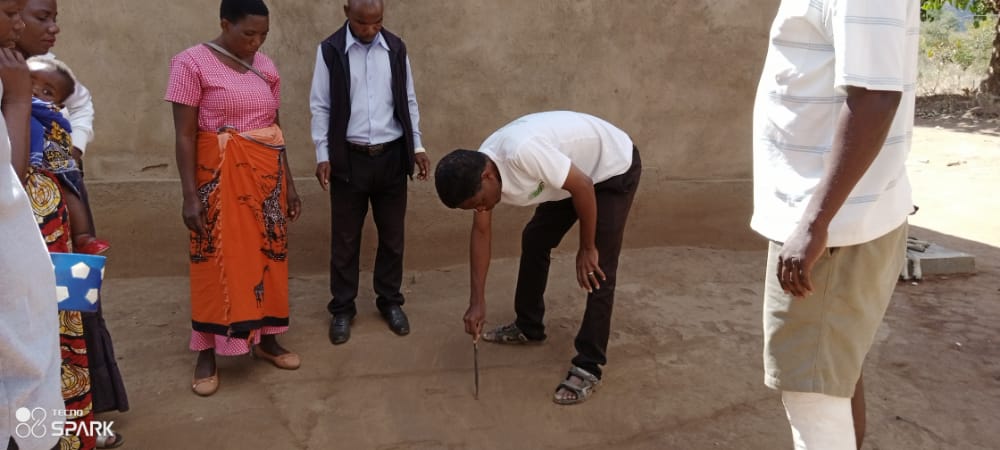MALAWI
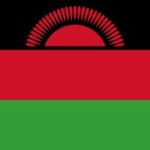
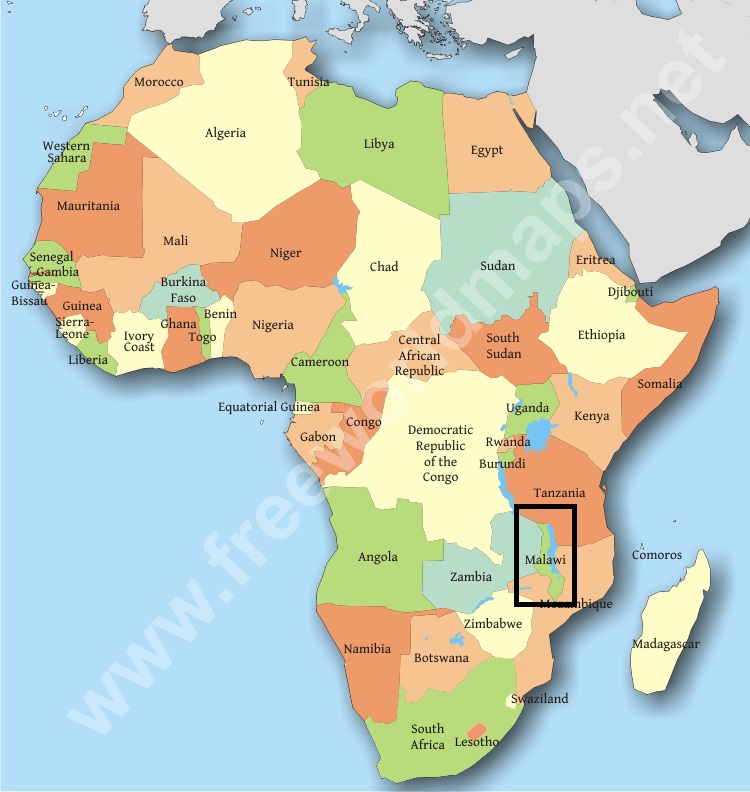
Partners
Two NGOs are implementing in Malawi in 2022
1. Health Lives International
2. Transform International
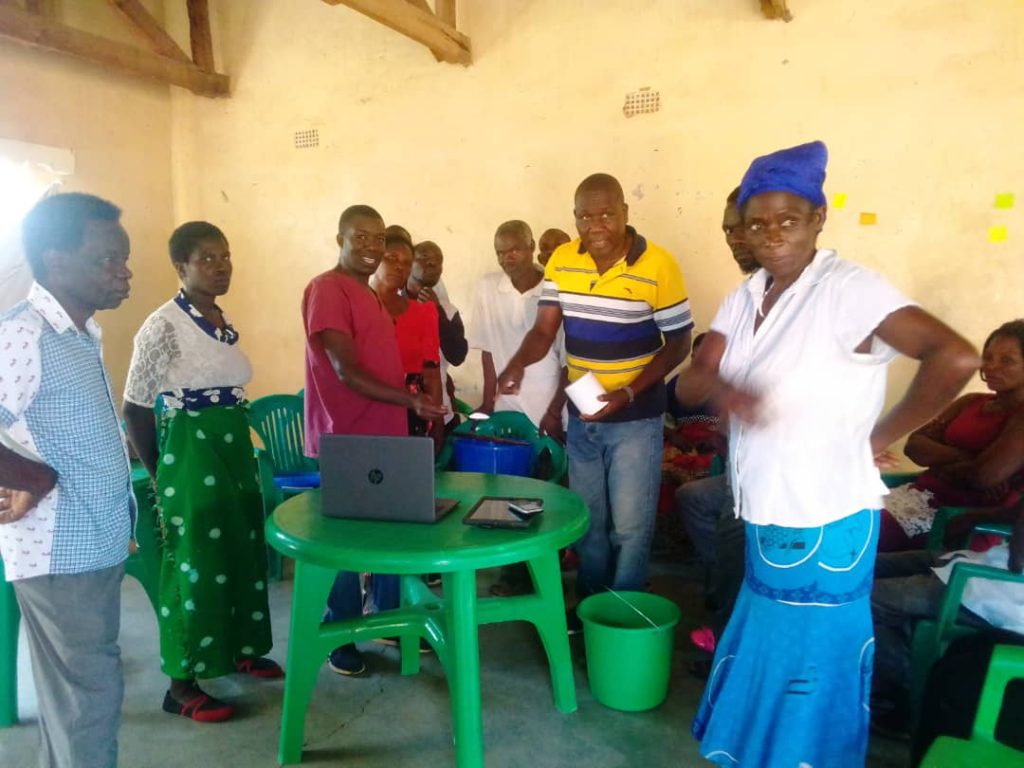
Training of Community Health Club facilitators for Transform International May 2022
Districts of Malawi
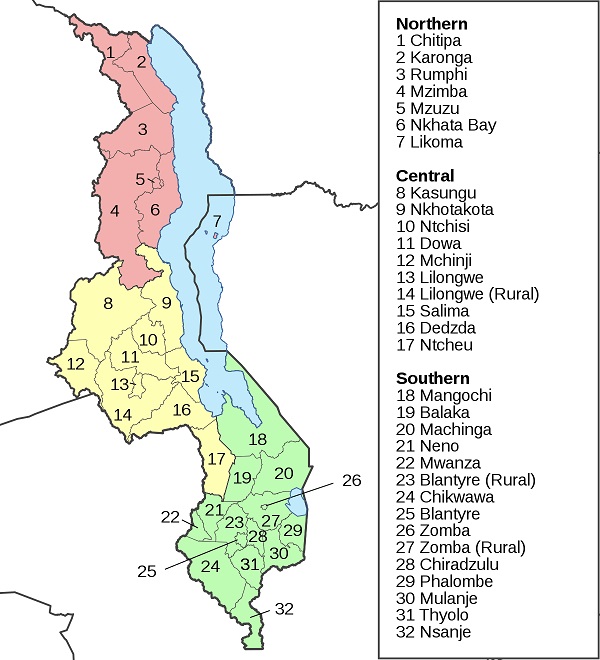
Transform International
Nyamanga Water User Association
Area of Operation: Rumphi, Northern Malawi
Start of Project: April 2022
Number of Community Health Clubs: 11
Number of CHC members: 797 (May.3. 2022)
Number of Beneficiaries: 3,985 (Est. 5 per CHC member)
Last Updated: 19th April, 2022.
Main local Partner: Nyamanga Water User Association
Manager: Tablespoon Chirambo
Main Donor: Rotary
Director: Nancy Gilbert
- Progress to date:
TRAINING BY AFRICA AHEAD
July 2021: Planning a CHC: 30 trained to make a plan of action
April 2022: Training in Monitoring and base line survey conducted
CHCs formed and registered.
May – Sept 2022: Training of 11 Community based facilitators, 5 Health Surveillance Assistants and one EHT to start CHCs.
75% complete.
Latest Malawi updates
Healthy Lives International
Malawi Water Project
Areas of operation: Chioko, Northern Malawi
Chikwawa, Southern Malawi
Period of operation: 2020
Number of Community Health Clubs: 6
Number of CHC members: 600
Number of Beneficiaries: 3000
Last updated: April, 2022.
Main local Partner:
Main Donor: Rotary
Directors: Jerry Timofee
Programme Manager: Nancy Swerhun
Country Director: Sarah Falconer
Team: Field Coordinator, Office manager, Project Officer, 2 Biosand Implementers, 3 Community Health Promoters (1 in North and 2 in South).
Website: www.malawiwaterproject.com
Healthy Lives International is a small organization that started in Malawi in 2011 with the objective of bringing clean water to villagers. We began with training a group of villagers how to construct and follow-up on the household biosand water filter and how to train villagers on water, sanitation and hygiene. We focused on 8 parameters of a healthy home and went into the villages who were interested in working with us. We would hold a WASH meeting in the village to introduce them to the filter and the 8 basic parameters of a healthy home. If they were interested in paying a nominal amount for their filter and were interested in making changes in their homes we worked with those villagers. This worked well for the homes we were working with but when we learned about the Community Health Club model, we felt that this would be more effective because of the support that villagers could give to each other.
We also learned that fixing one broken borehole could provide clean water to approximately 100 families or 500 people in 2019 we sent our staff on a training course to fix broken water wells. The community has to sign and contract and repay us for the parts that are used. We provide the labor and transportation to the village for the staff and parts, food and accommodation for the staff when they are in remote areas.
We closed down the biosand construction program in the North and are focusing our energies on constructing filters in the South Region, creating CHC’s in both North and South regions and repairing boreholes wherever we are needed.
Along with the local Malawi staff, Sarah Falconer is our Volunteer Country Director who has made her home in Malawi. We work through an Agent in Malawi, the Anglican Diocese of Southern Malawi to administer the Project.
Our annual budget is about $95,000 USD and we get money from individual donors, some from Malawian NGO’s and some from organizations such as Rotary.
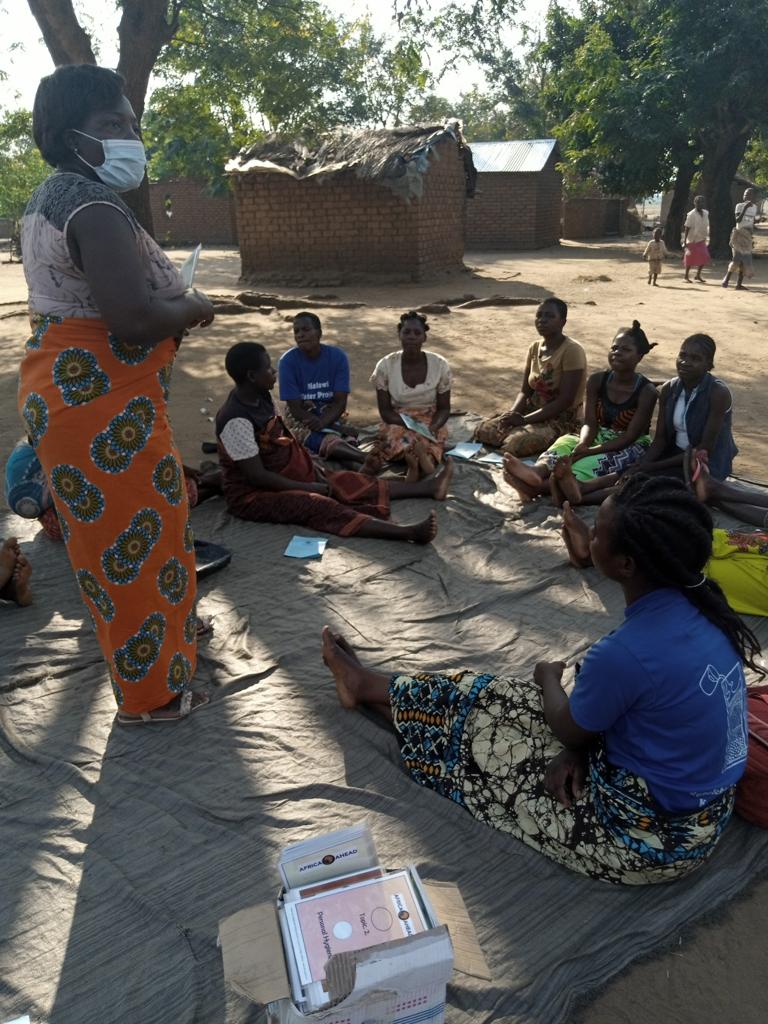
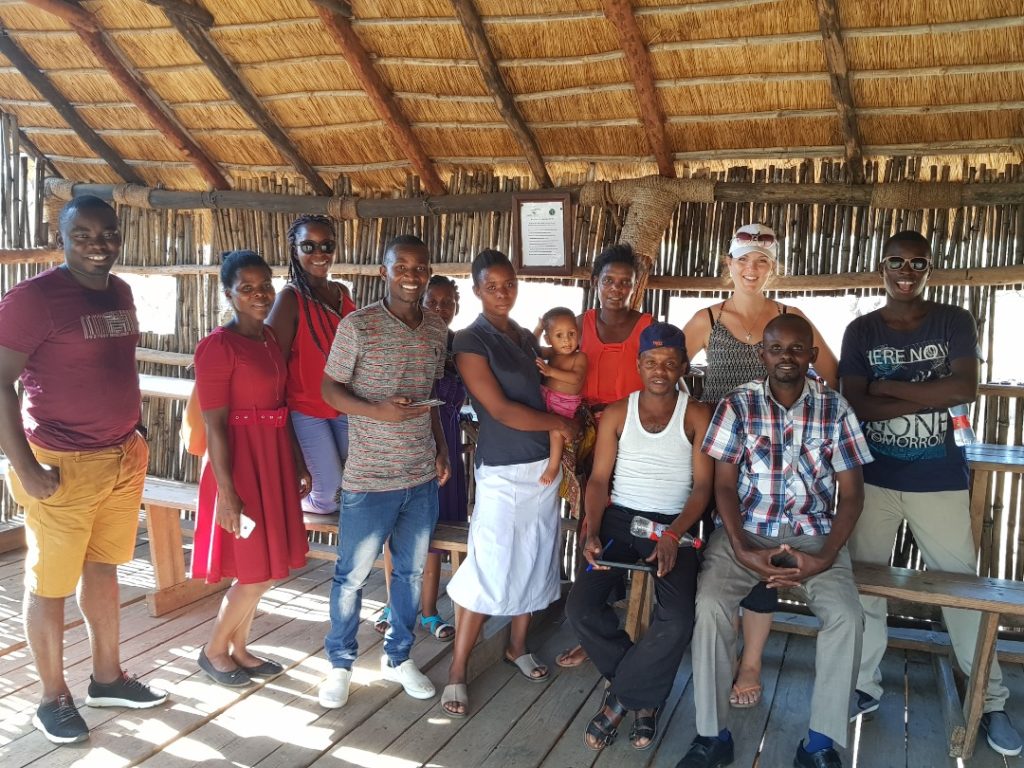
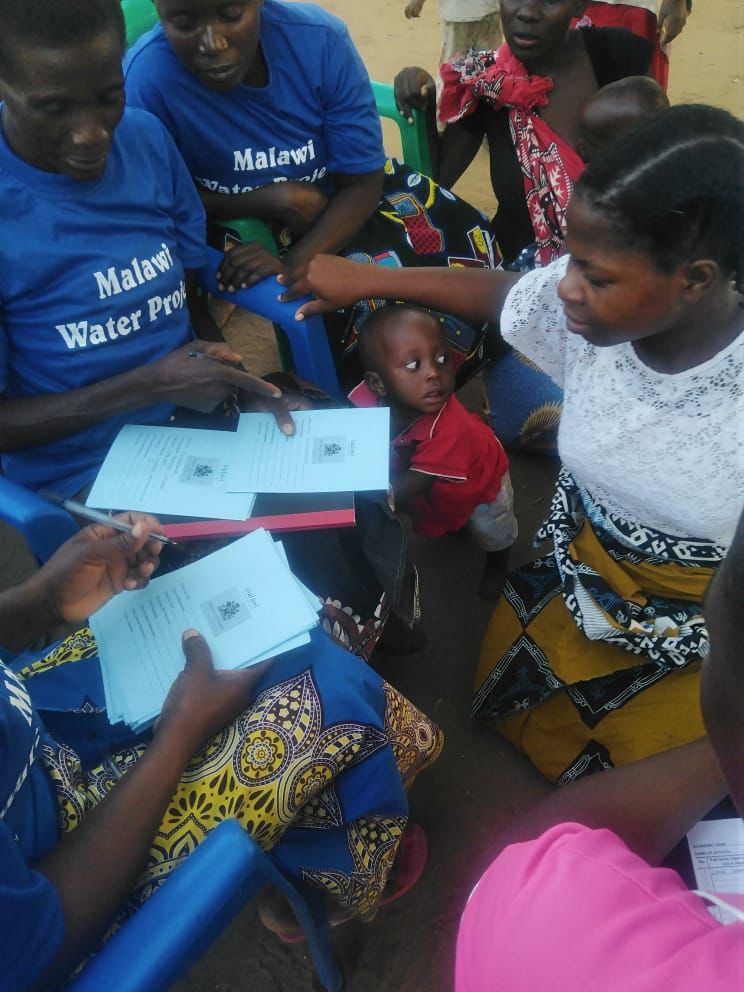
Progress to date:
4th – 11th October 2020: Attended Africa AHEAD online training for Introduction to the CHC approach
4th Nov – 14th Dec 2020: 14 HLI trained in Planning of CHC Project
July 2021: Registration of CHC members in North and South
October 2021: CHCs completed training and graduated
Jan 2022: Flood in southern Malawi in project area affecting CHCs
We are a small organization that started in 2011 to bring clean water to villagers. We began with training a group of villagers how to construct and follow-up on the household biosand water filter and how to train villagers on water, sanitation and hygiene. We focused on 8 parameters of a healthy home and went into the villages who were interested in working with us. If they were interested in paying a nominal amount for their filter and were interested in making changes in their homes we worked with those villagers. We would hold a WASH meeting in the village to introduce them to the filter and the 8 basic parameters of a healthy home. This worked well for the homes we were working with but when we learned about the Community Health Club model, we felt that this would be more effective because of the support that villagers could give to each other.
We also learned that fixing one broken borehole could provide clean water to approximately 100 families or 500 people in 2019 we sent our staff on a training course to fix broken water wells. The community has to sign and contract and repay us for the parts that are used. We provide the labor and transportation to the village for the staff and parts, food and accommodation for the staff when they are in remote areas.
We closed down the biosand construction program in the North and are focussing our energies on constructing filters in the South Region, creating CHC’s in both North and South regions and repairing boreholes wherever we are needed.
Our staff positions are:
1 Field Coordinator
1 Office manager
1 Project Officer (responsible for managing the borehole repair program and helping with filters)
2 Biosand Implementers (responsible for the filter program and borehole repair)
3 Community Health Promoters (responsible for working along with Government Health Surveillance Assistants and villages to set up CHC’s, follow-up on biosand water filters and follow-up on the 8 parameters of a healthy home with the beneficiaries of the filters). We have one CHP in the North and 2 in the South.
Along with the local Malawi staff, Sarah Falconer is our Volunteer Country Director who has made her home in Malawi. We work through an Agent in Malawi, the Anglican Diocese of Southern Malawi to administer the Project.
Our annual budget is about $95,000 USD and we get money from individual donors, some from Malawian NGO’s and some from organizations such as Rotary.
Our website is www.malawiwaterproject.com


